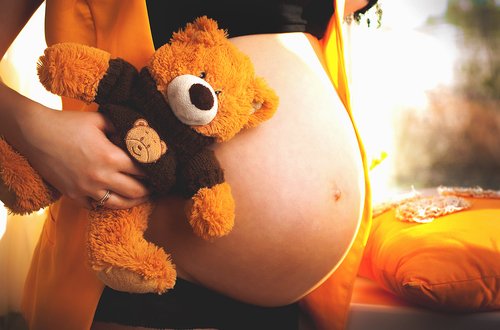German researchers found that clinical diagnosis of endometriosis, testosterone levels and the age of the patient at the time of egg retrieval are important risk factors for miscarriage in women undergoing medically assisted fertilization methods.
This finding is included in the study, “Endometriosis doubles odds for miscarriage in patients undergoing IVF or ICSI,” which appeared in the European Journal of Obstetrics & Gynecology and Reproductive Biology.
For years, doctors have associated endometriosis with infertility. Although studies suggest that 9 to 50 percent of infertile women have endometriosis, the difficulty in diagnosing this disease has made it hard to confirm those numbers. Risk factors linked to pregnant women with endometriosis include thyroid pathologies, body mass index and the age of the patient, though the extent to which each of these factors affects pregancy and miscarriage is unclear.
“It was the aim of this study to identify risk factors and their importance in in vitro fertilization (IVF) treatments to support physicians in personalizing their consultations,” the study’s authors wrote. “Furthermore, understanding the negative impact of these risk factors on embryonic development could lead to an improved take-home baby rate.”
In the present study, researchers at the University Clinic of Düsseldorf evaluated 588 women who got pregnant following IVF or intracytoplasmic sperm injection (ICSI). Most of them gave birth successfully, though about 17 percent of them miscarried, and 10 percent had confirmed endometriosis. Of the total, 86.9 percent had never given birth before, 85.4 percent were non-smokers, and 87.9 percent had their oocytes fertilized using ISCI. The average patient was 34 years old, had a BMI of 23, a TSH value of 1.90 mIU/l and a male partner of 37 years old.
Age of patient at the time of egg retrieval represented a mild risk factor, whereas confirmed endometriosis doubled a woman’s risk of miscarriage, and increased testosterone levels quadrupled that risk. Other variables, including ICSI versus IVF, patient weight, thyroid function, thickness of endometrium or age of the male donor had no significant impact on the outcome of the pregnancy.

